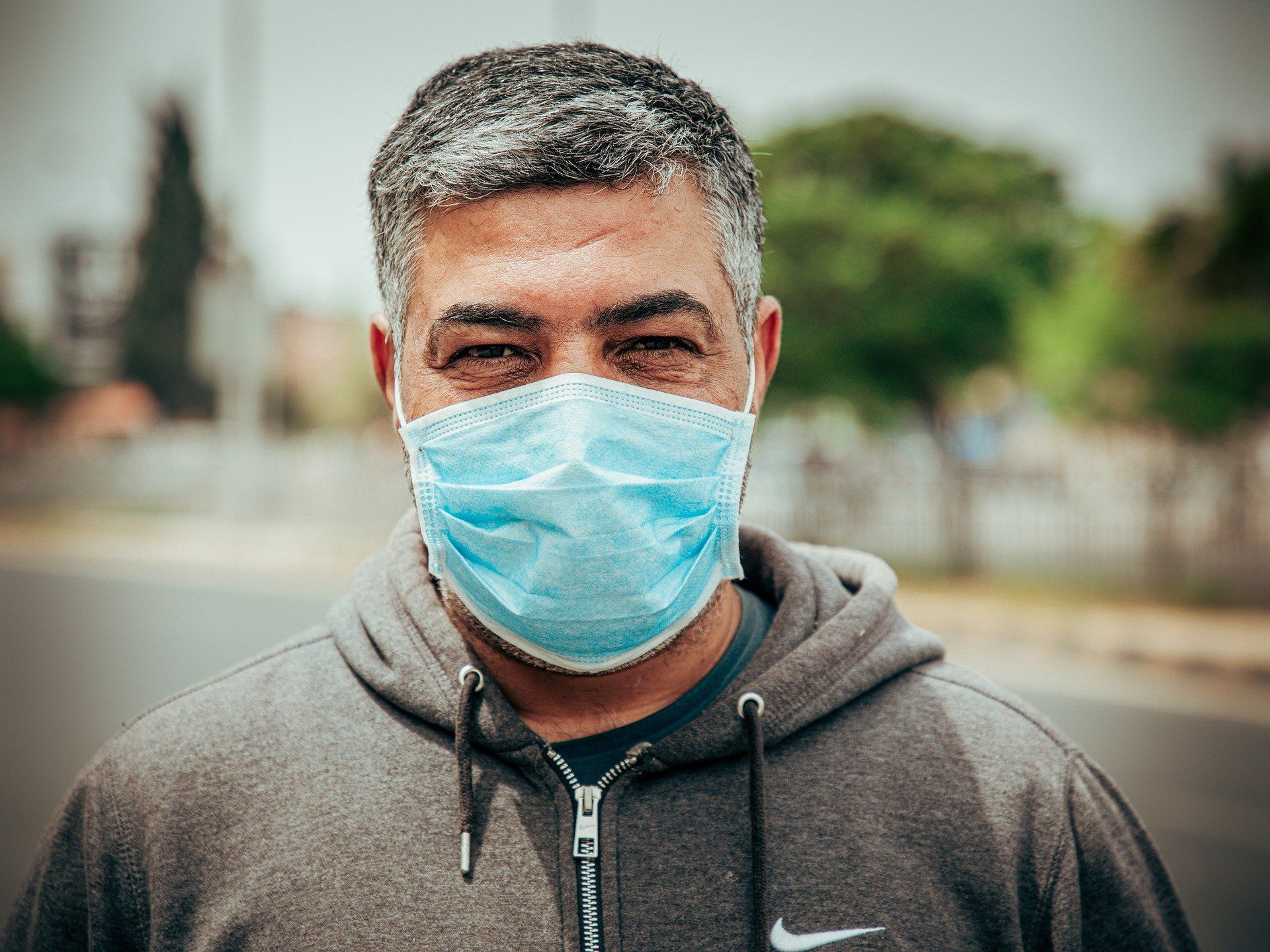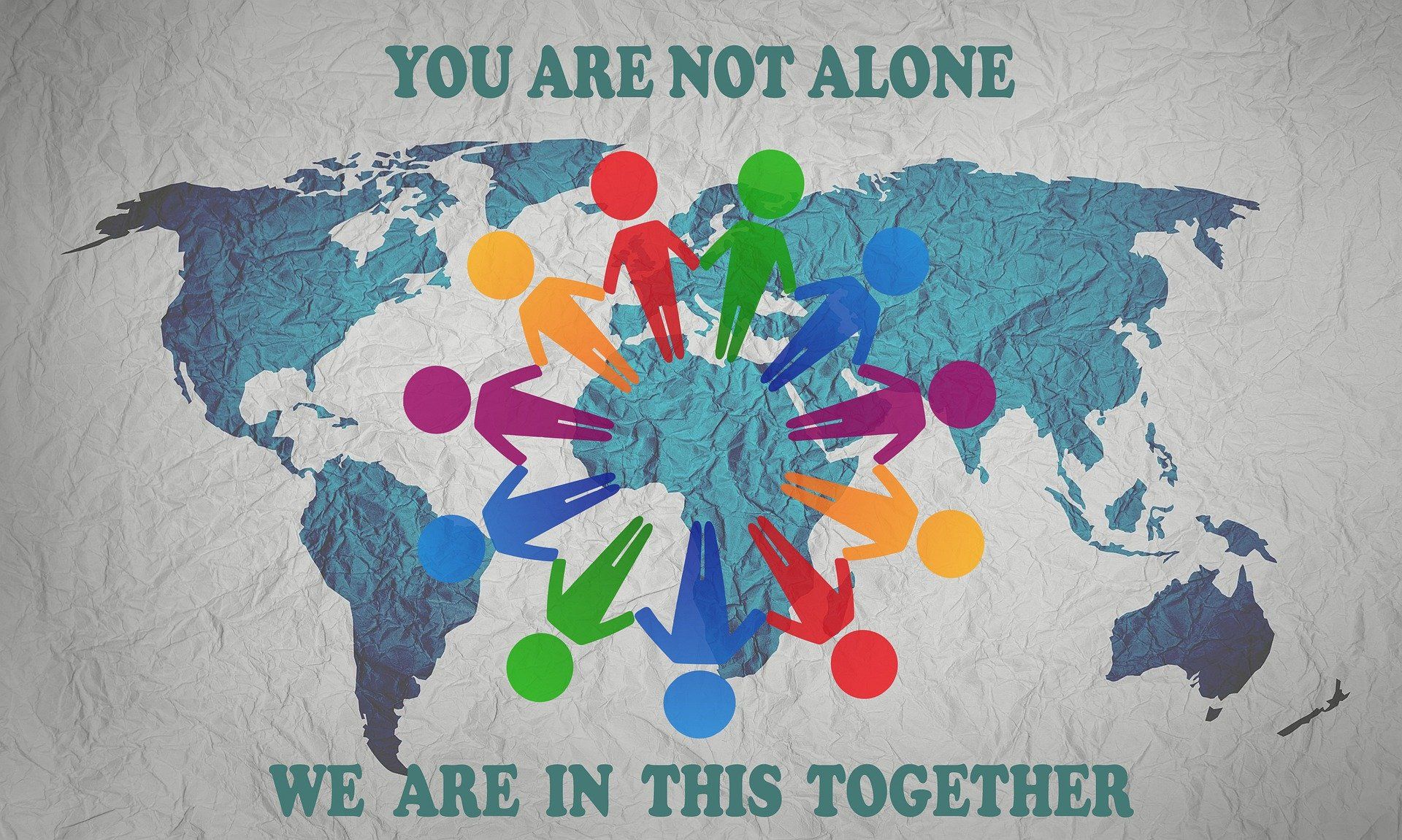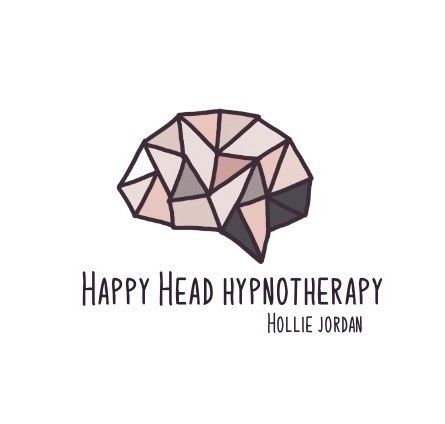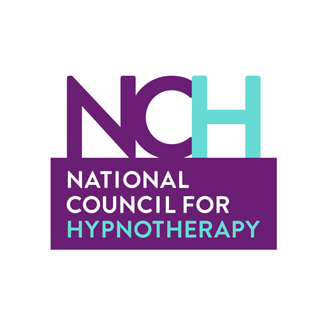Why being ‘present’ will change your life!
‘You cannot suffer the past or the future because they do not exist. What you are suffering is your memory or your imagination’
All we have is right now. The past is gone and the future hasn’t happened yet. So why do we spend more time thinking about the past and worrying about the future instead of embracing what is ‘real’, the ‘moment’, ‘right now’.
You may have heard about mindfulness or ‘being present’; a fairly new concept to us yet practicing mindfulness has been around for thousands of years. Mindfulness originated from the Hindu and Buddhist religions but more recently is used in various therapies, yoga and non-religious meditation.
Basically, being present means that your awareness is completely centered on the here and now. You are not worrying about the future or thinking about the past. When you live in the present, you are living where life is happening. The past and future are illusions, they don't exist. That’s not to say the past didn’t happen or that the future will not happen. It simply means you focus on what is happening right now and enjoying it for what it is!
I often explain to my clients that we can create anxiety by negatively forecasting the future or introspecting about the past. It is important to understand that our brains do not know the difference between what’s actually happening and what we are imagining that’s happening. How many times have you imagined having an argument with someone? How did it make you feel? Angry? Frustrated? Sad? Shaking? Did it leave you in a bad mood? It didn’t happen! Yet you put yourself through it anyway! I’ve done this to myself plenty of times! But now i've learnt to recognise when I am doing it, come back to the ‘present’ and stop before I leave myself feeling rubbish!
How many times have you been invited for an interview and you’ve imagined it going wrong hundreds of times yet when you attend the interview it goes quite well!? Because our brains don’t know the difference between what is actually happening and what we are imagining is happening; you have attended hundreds of disastrous interviews and one good one! How has attending hundreds of disastrous interviews left you feeling? Self-conscious? Lacking confidence? Not good enough?
The same can be said for the past…how many times have you screamed at your kids because they’ve pushed you to limit and then later when you’ve calmed down you spend the next few days or weeks feeling guilty about it; imagining yourself as a bad parent for not being patient enough. There are a lot worse things to feel bad about from your past but the thing is you survived it, you’ve coped so far and you are still here to fight another day. Constantly going over things that have happened and/or worrying about the future will only make you feel rubbish.
It takes a little time but re-training your brain to focus on the ‘now’, be ‘present’ and to stop dwelling on the past or panicking about the future will be the most refreshing and life changing thing you will ever do!














